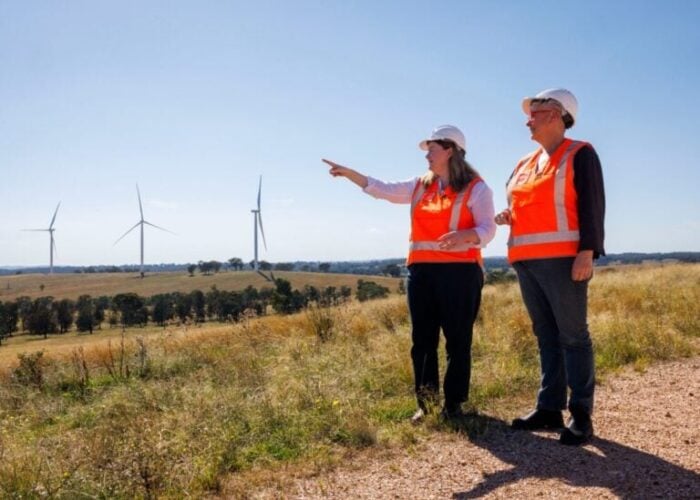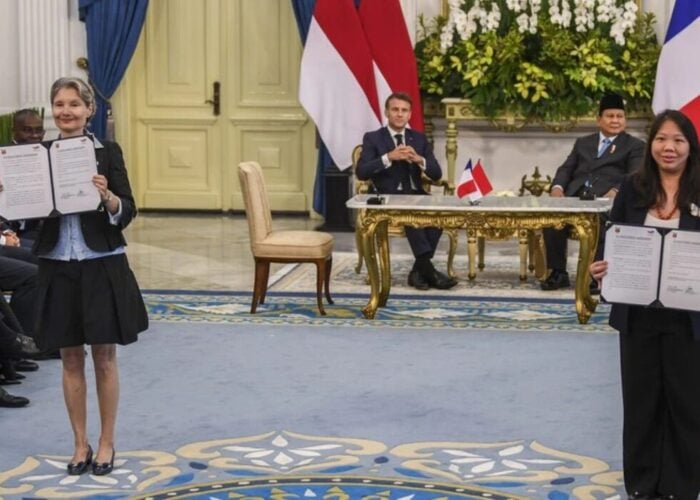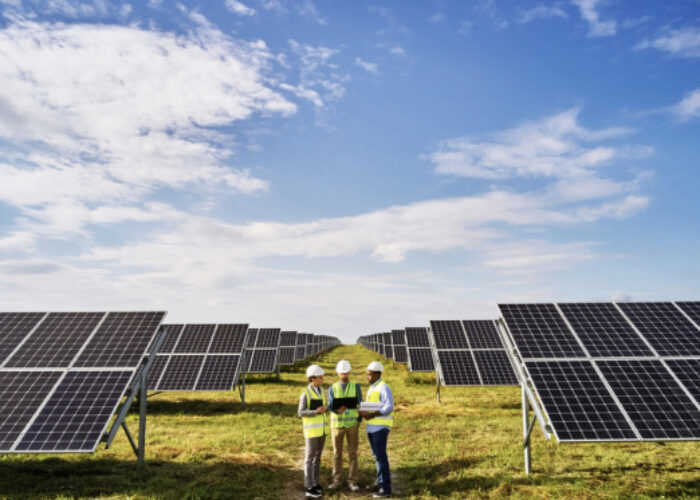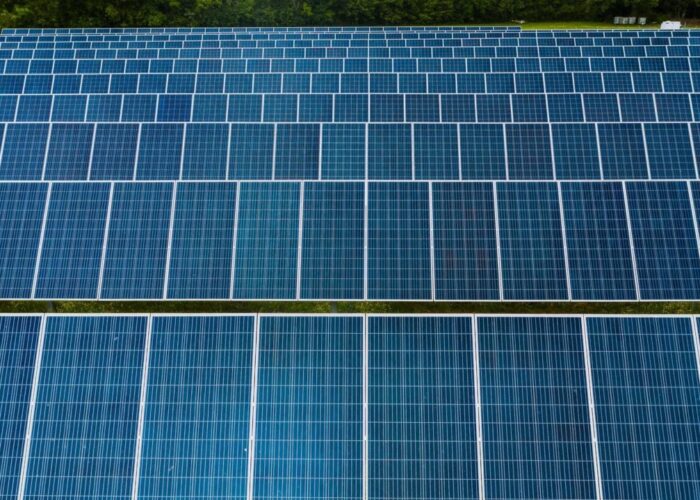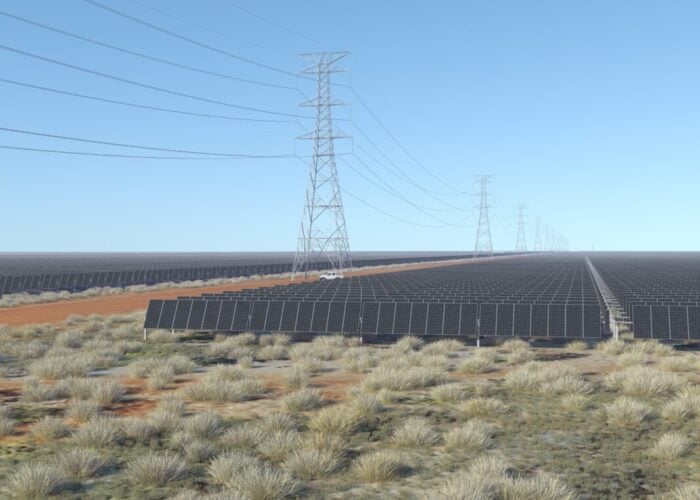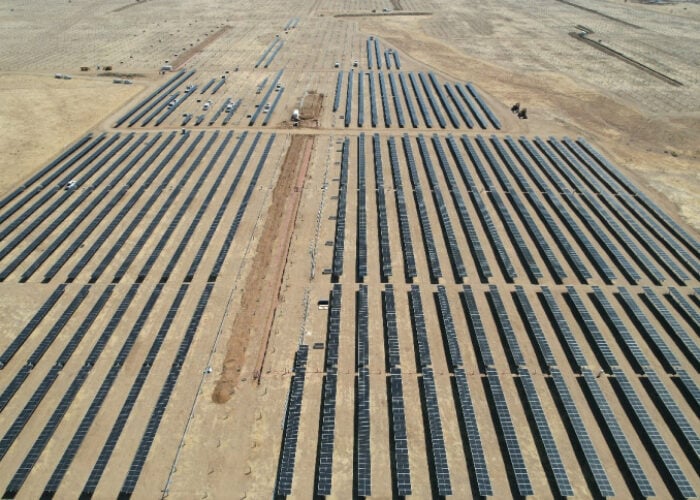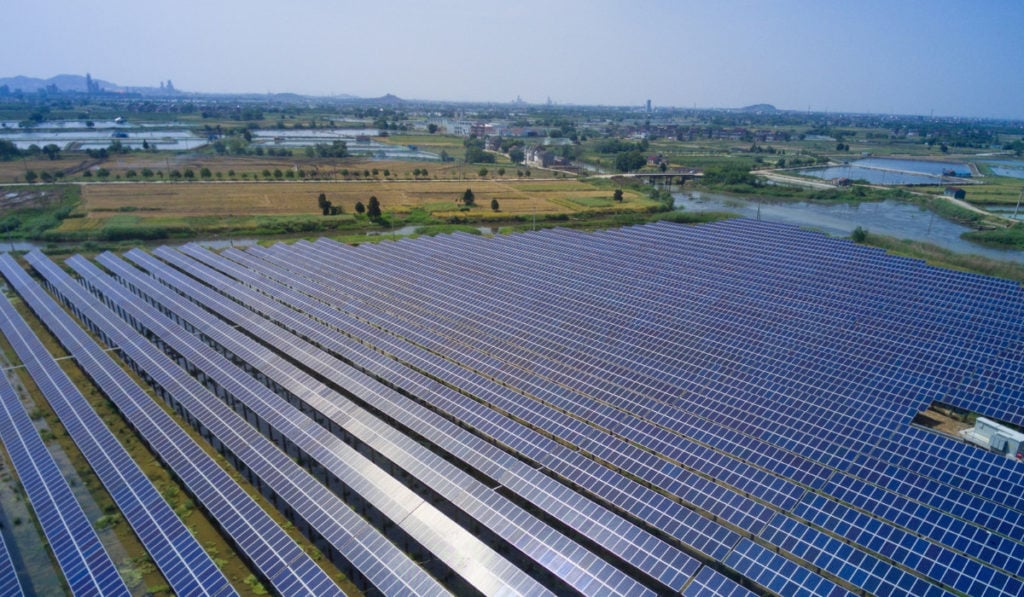
More than half of Germany’s electricity consumption was generated by renewables in the first half of 2023, according to a study.
The Center for Solar Energy and Hydrogen Research Baden-Württemberg (ZSW) and the Federal Association of Energy and Water Management (BDEW) announced that renewables covered about 52% of gross domestic electricity consumption in H1 2023, three percentage points higher (49%) than the same period in 2022.
Unlock unlimited access for 12 whole months of distinctive global analysis
Photovoltaics International is now included.
- Regular insight and analysis of the industry’s biggest developments
- In-depth interviews with the industry’s leading figures
- Unlimited digital access to the PV Tech Power journal catalogue
- Unlimited digital access to the Photovoltaics International journal catalogue
- Access to more than 1,000 technical papers
- Discounts on Solar Media’s portfolio of events, in-person and virtual
In May 2023 specifically, 57% of electricity consumption was generated by renewables due to sunny weather, before the record of 62% set in February 2022. PV systems in the country generated 8.8 billion kWh of electricity this month, higher than ever before.
Both organisations also stated that PV systems could even generate more than 10 billion kWh in June based on preliminary statistics, breaking the record set in May.
Kerstin Andreae, chair of the BDEW executive board, said that Germany needs a suitable regulatory framework to achieve climate neutrality by 2045. Recently, Germany’s Federal Ministry of Economics and Climate Protection (BMWK) launched a request for expressions of interest (EoI) to boost the country’s solar PV manufacturing supply chain.
At the same time, Andreae said skilled workers are also necessary. In late March, the German government announced to change existing immigration policies in order to attract skilled labour.
Frithjof Staiß, executive director of the ZSW, added that electricity generation must already be based entirely on renewable energies by 2035 if Germany wants to achieve climate neutrality by 2045.
The German government is targeting the installation of 215GW of solar capacity by 2030, so Germany’s solar output will need to almost triple by the end of the decade.

